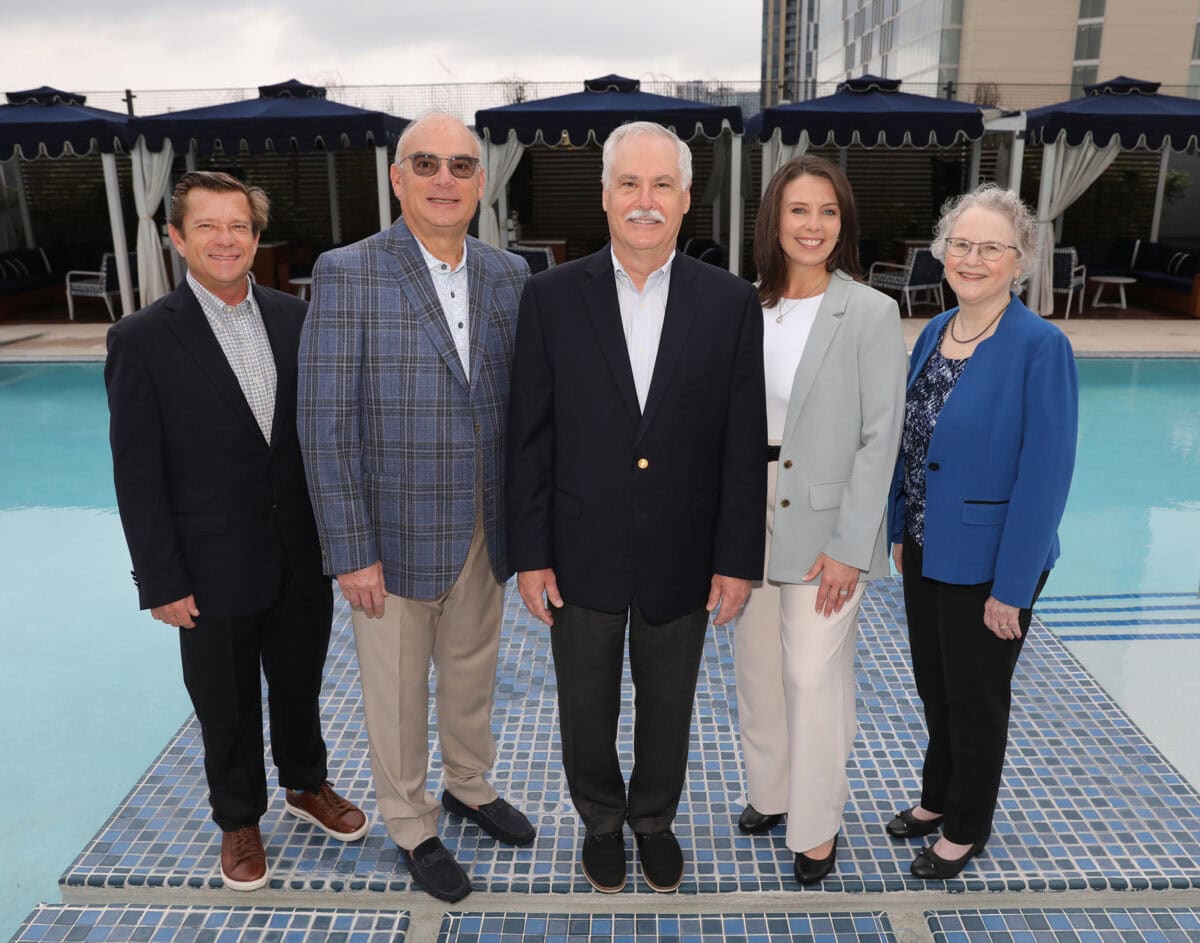
GAO Upholds Agency’s Rejection of Contractor’s Low Bid as Nonresponsive for Failure to Submit a Valid Bid Bond
Receiving agency notification that a contractor’s low bid on a federal project has been rejected as nonresponsive for failure to submit a valid bid bond is enough to give contractors, bond producers, and sureties collective heartburn. But when the Government Accountability Office (GAO) denies the protester’s challenge of the agency’s rejection of the contractor’s bid for failing to submit a valid bid bond, then the stakeholders have real cause for collective heartache. It thus behooves bond producers and sureties—and their contractors—to have a keen appreciation for what failures render a bid bond defective and what requirements render a bid bond responsive.
It is black-letter government contracts law that, when a solicitation requires it, a bid bond is a material component of the bid, with which there must be compliance at the time of bid opening. This tenet was brought home in a recent decision, published on September 24, 2020, In the Matter of Pacific Dredge and Construction, LLC, B-418900. In that decision the GAO considered a protest that challenged the U.S. Army Corps of Engineers’ (Corps) rejection of a bid as nonresponsive under the invitation for bids (IFB).
I’m going to give away the bottom line here: the GAO denied the protest because the commercial bid bond form used by the protester—AIA A310 Bid Bond—failed to provide the full range of protections specified in Federal Acquisition Regulation (FAR) 52.228-1. The facts involved in the decision and the GAO’s analysis follow.
In May 2020 the Corps solicited bids for a maintenance dredging project, and the solicitation provided that the award would be made in accordance with FAR 52.214-19, which provides that the government will award a contract to the responsible bidder whose bid conforms to the solicitation, which will be most advantageous to the government, considering only price and price-related factors. The solicitation also required bidders to submit a bid guarantee and included FAR 52.228-1, Bid Guarantee, which informed bidders that failure to furnish a proper bid guarantee would result in rejection of a bid.
The Corps conducted bid opening on June 15, and Pacific Dredge and Construction, LLC (Pacific) was the low bidder. Pacific submitted its bid guarantee on an AIA A310 Bid Bond, in lieu of submitting a FAR standard form (SF) 24 bid bond. In reviewing Pacific’s bid, the contracting officer (CO) concluded that the default clause in Pacific’s bid bond did not “provide the full range of protections” specified in FAR 52.228-1, which required the surety to cover all excess reprocurement costs in the event of a default. The CO notified Pacific that its bid was rejected as nonresponsive, observing that a prior GAO decision “required” the government to reject Pacific’s bid because in that decision the GAO concluded that the same A310 Bid Bond submitted as did Pacific was ambiguous and, therefore, defective. That prior GAO decision was In the Matter of G2G, LLC, B-416502, Sept. 27, 2018. The GAO relied on the analysis in G2G in rendering its decision in Pacific Dredge.
In the G2G matter, the protester, G2G, argued that the A310 Bid Bond, when read as a whole, unequivocally committed the surety to satisfy all the requirements of FAR 52.228-1, including the obligation to pay all excess reprocurement costs in the event of a default. Disagreeing with G2G, the GAO “found that the agency properly rejected G2G’s bid bond as defective because the bond’s default clause represented a significant departure from the rights and obligations of the parties as set forth in FAR provision 52.228-1(e).” The GAO further found that, at best, the bond language was “ambiguous with respect to the liability of the surety to satisfy all of the requirements of FAR provision FAR 52.228-1” and that the GAO “will not convert ambiguous aspects of bid bonds into mere matters of form which can be explained away or waived.”
The GAO in Pacific Dredge furthermore rejected the protester’s argument that there was an established course of dealing between the parties whereby the Corps had accepted the A310 Bid Bond for other projects between itself and the Corps and, therefore, the offer should have been deemed responsive. In support of position, Pacific submitted a declaration from its bond agent, in which he represented that the federal government/Corps and the contractor community shared a long-established custom and practice that the A310 Bid Bond language is fully sufficient for all FAR purposes. The GAO, however, rejected the argument that a course of dealing, if one exists, modifies the meaning of the express terms of the clauses of its submitted bid bond. The GAO reiterated that “the responsiveness of a bid must be determined at the time of bid opening, and if the agency cannot determine definitively from the face of the bid documents that the surety would be bound, the bond is defective and must be rejected.”
The GAO in Pacific Dredge made further pronouncements that I urge bond producers, sureties, and contractors to carefully review:
- “The test applied in determining responsiveness of a bid is whether the bid as submitted is an unequivocal offer to perform the exact thing called for in the IFB; thus, if a bid is ambiguous with regard to a material IFB provision, such as a bonding requirement, it is nonresponsive.”
- “[A] past course of dealing between a bidder and the procuring agency cannot affect the responsiveness of a bid. . . . An improper award under one or more IFBs does not justify a repetition of the same error under a later IFB.”
I note that the GAO stated in the Pacific Dredge decision that a bidder’s use of a commercial bid bond form, such as the A310, rather than a SF 24 bid bond “is not per se objectionable because the sufficiency of the bid bond does not depend on its form, but on whether it represents a significant departure from the rights and obligations of the parties as set forth in SF 24.” The Pacific Dredge and the G2G decisions provide ample caution to industry stakeholders that use of a commercial bid bond form in lieu of SF 24 can be fraught with potential heartburn and heartache.
The bottom line is that bid bonds are a material condition of the federal government’s solicitation and the bond submitted by the contractor with its bid must be in compliance with FAR requirements at the time of bid opening. A noncompliant bid is nonresponsive and must be rejected. . . . Bring out the Tums.

The author of this article is Martha Perkins, General Counsel at NASBP. She can be reached at mperkins@nasbp.org or 240.200.1270.
This article is provided to NASBP members, affiliates, and associates solely for educational and informational purposes. It is not to be considered the rendering of legal advice in specific cases or to create a lawyer-client relationship. Readers are responsible for obtaining legal advice from their own counsels, and should not act upon any information contained in this article without such advice.
Get Important Surety Industry News & Info
Keep up with the latest industry news and NASBP programs, events, and activities by subscribing to NASBP Smartbrief.




